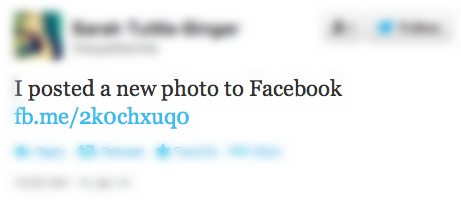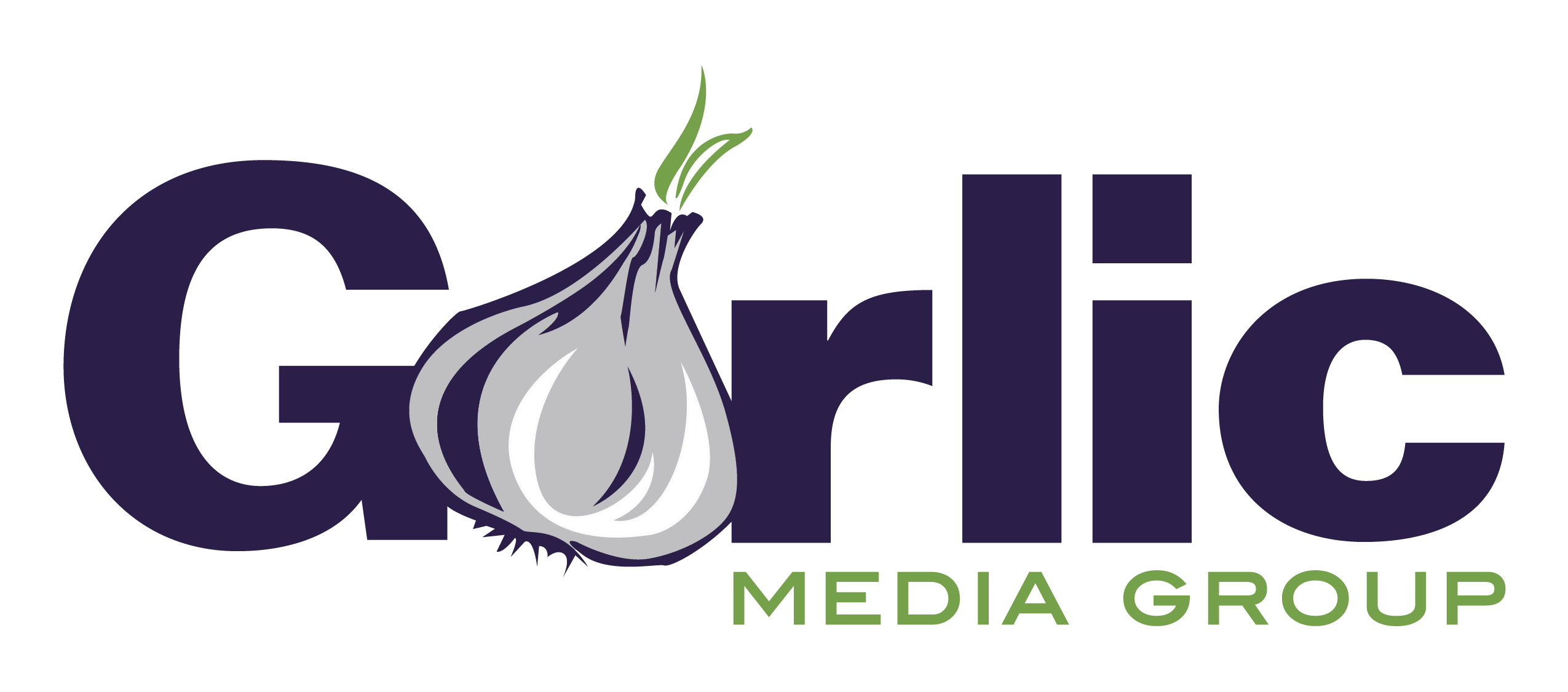Once upon a time, the social strategy that reigned supreme catered to busy work schedules and a lack of professionals who knew how to engage with users and consumers on multiple platforms 24/7. What strategy are we talking about? The one where you link your Facebook to your Twitter to your LinkedIn to your G+ … and so on. It made sense to streamline the process of information output, especially when, in the early days of social media, regular staffers were responsible for social posting.
These days, however, when content is king and transparency is held in high esteem, linking your social accounts just doesn’t make sense. Starting off your social relationships with users in an artificial way won’t do you any favors in the long run.
Facebook posts that show up on Twitter often are cut off because of the 140-character limit or don’t have any content at all that provides any clue as to why your followers should care, and Twitter posts that show up on Facebook and have @ replies and hashtags look out of place, even with Facebook having hopped on the hashtag bandwagon.
Take this tweet:

This tweet is really a Facebook post, but a Facebook post without any content. Because it’s automatically sent to Twitter, all you see is the auto-generated “I posted a new photo to Facebook” with the obligatory Facebook short link. The Tweet doesn’t offer any incentive to click on it, and if you’re uploading to a Facebook album, you’re going to bog your followers’ feeds down with content-less content.
But the reasons don’t stop there. Here are some other reasons why you really should disconnect those social accounts and start developing unique content:
Different users, different media. It would be nice to think that all Facebook users who like your page are also on Twitter following you, but the chances of having the same fan in both locations is low. The types of users that prefer Twitter and the type that are fond of Facebook are different, meaning that they expect catered, unique content. Sending Facebook posts to Twitter is a non-starter if your follower doesn’t even have a Facebook account, and having your Tweets show up on your Facebook page will rile frustration in fans who can’t stand the social site.
You’re stalling conversions. Wouldn’t you rather send your fans to your website or your e-commerce page than back and forth between social sites? When you send a Tweet to Facebook or vice-a-versa, you’re creating a social media loop that might nurture brand awareness, but ultimately it won’t get your fans to your website where your quality content and options for conversions are. So create unique content and have your posts send your users to your stomping ground.
It’s lazy. The truth is your users are smarter than you might give them credit for. For those who follow you on multiple social sites, seeing duplicate content won’t inspire them to interact with you, and, in fact, it might frustrate them into unfollowing and unliking your Facebook page. Even editing a Facebook post for the 140 character limit of Twitter is a good way to start making changes.
Wondering how to unlink those social accounts? You can go to Facebook to unlink your Twitter account or you can go into your Twitter settings and revoke access for the Facebook app.
Are you pro-social site connecting? We’d love to hear your why or why not response in the comments!
